
Politics
21:59, 09-Jul-2017
After 80 years, China-Japan endure challenges
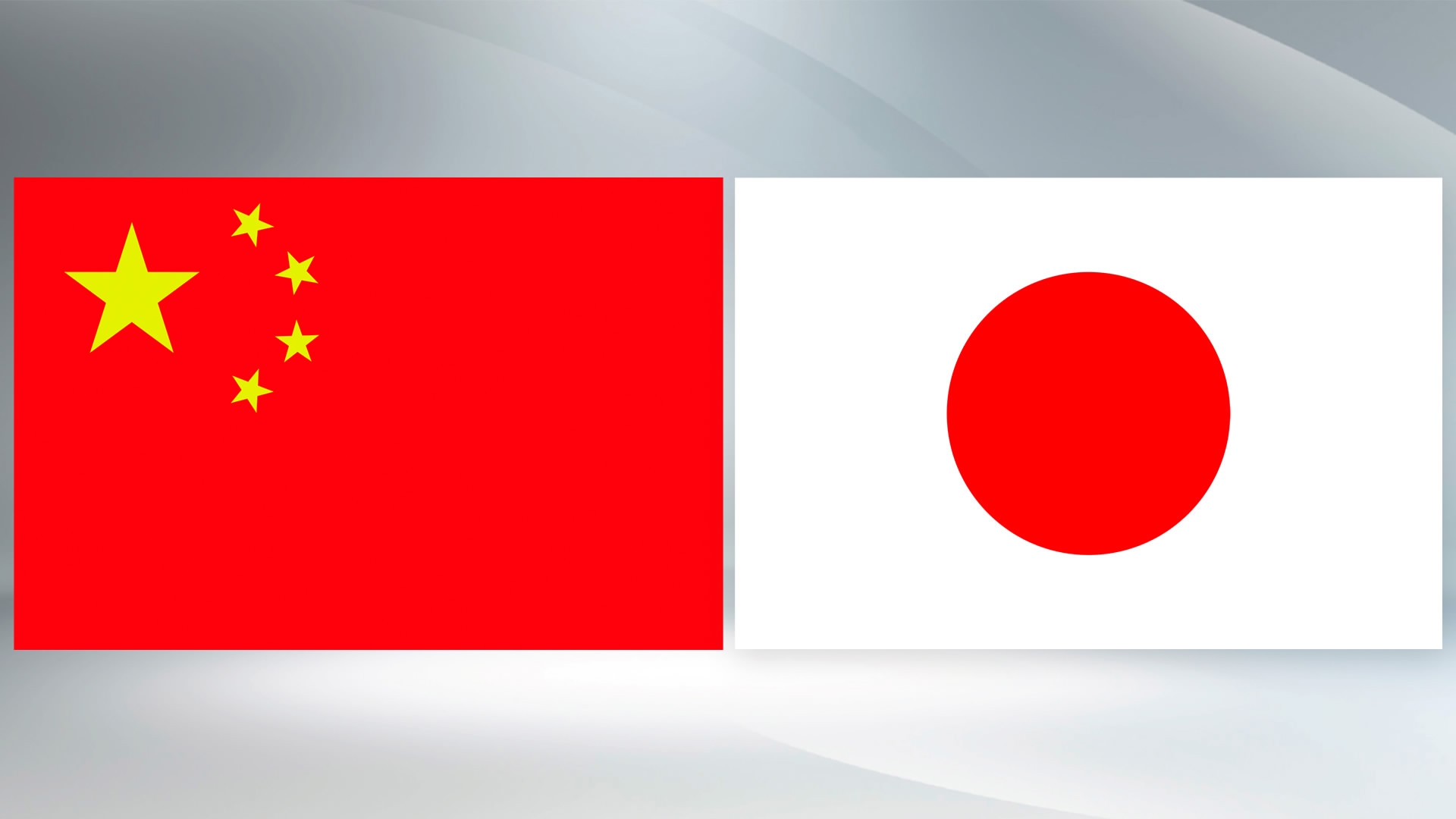
By CGTN's Dialogue Team
80 years ago, the Japanese army provoked Lugou Bridge Incident and comprehensive aggression against China, the brutal history little known in the west.
Eight decades on, China and Japan are still facing challenges and potential risks, like Japan’s revision of pacifist constitution.
CGTN invited Mr. Rong Ying, Vice President of China Institute of International Studies, Mr. Gui Yongtao, Assistant Professor of School of International Studies of Peking University and Takesato Watanabe, Professor Emeritus of Doshisha University in Japan to discuss those issues.
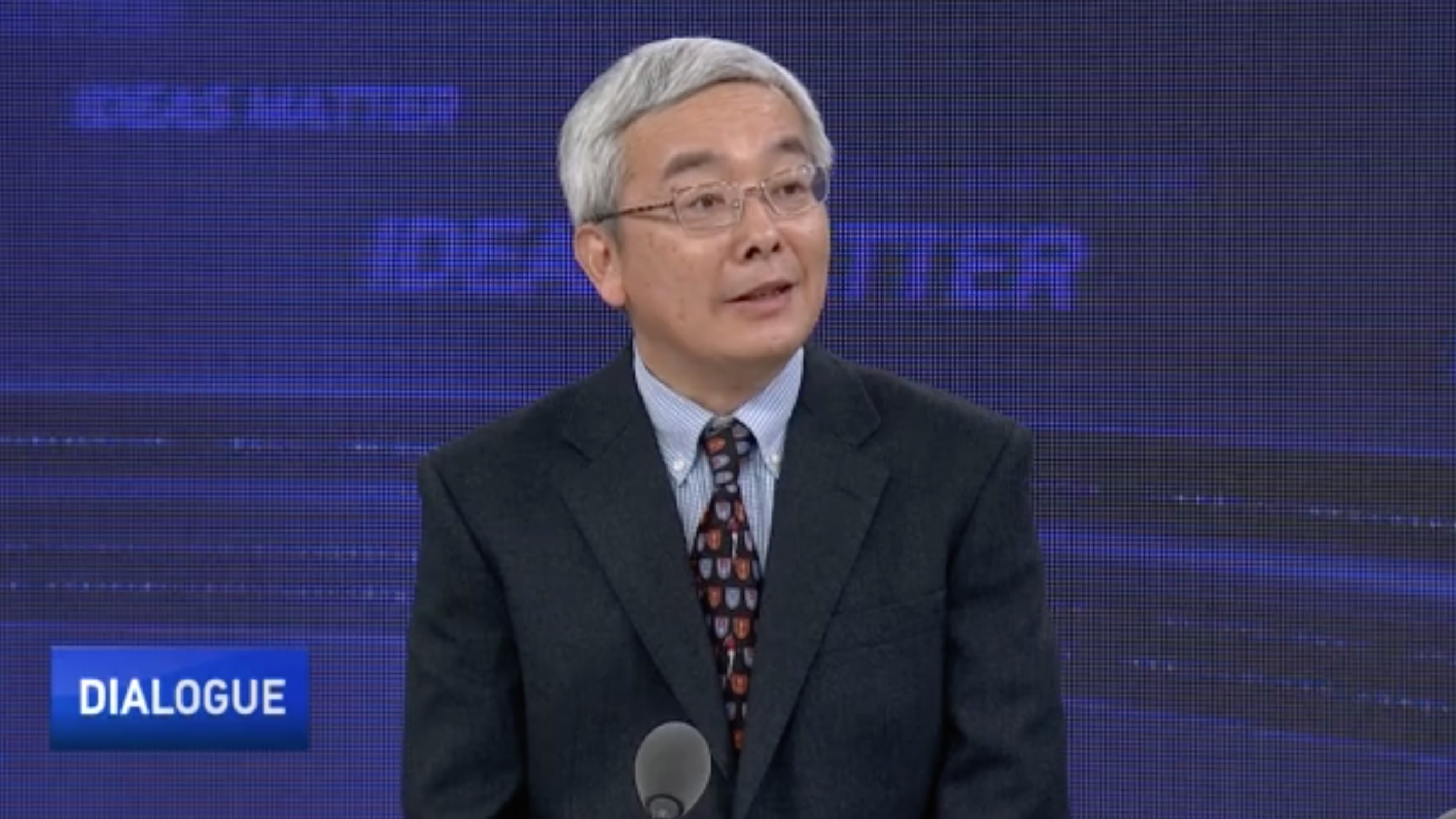
Rong Ying said on China’s sacrifice and contribution to the victory of fighting against fascism, it took several years for the West to recognize China's significant contribution to the WWII.
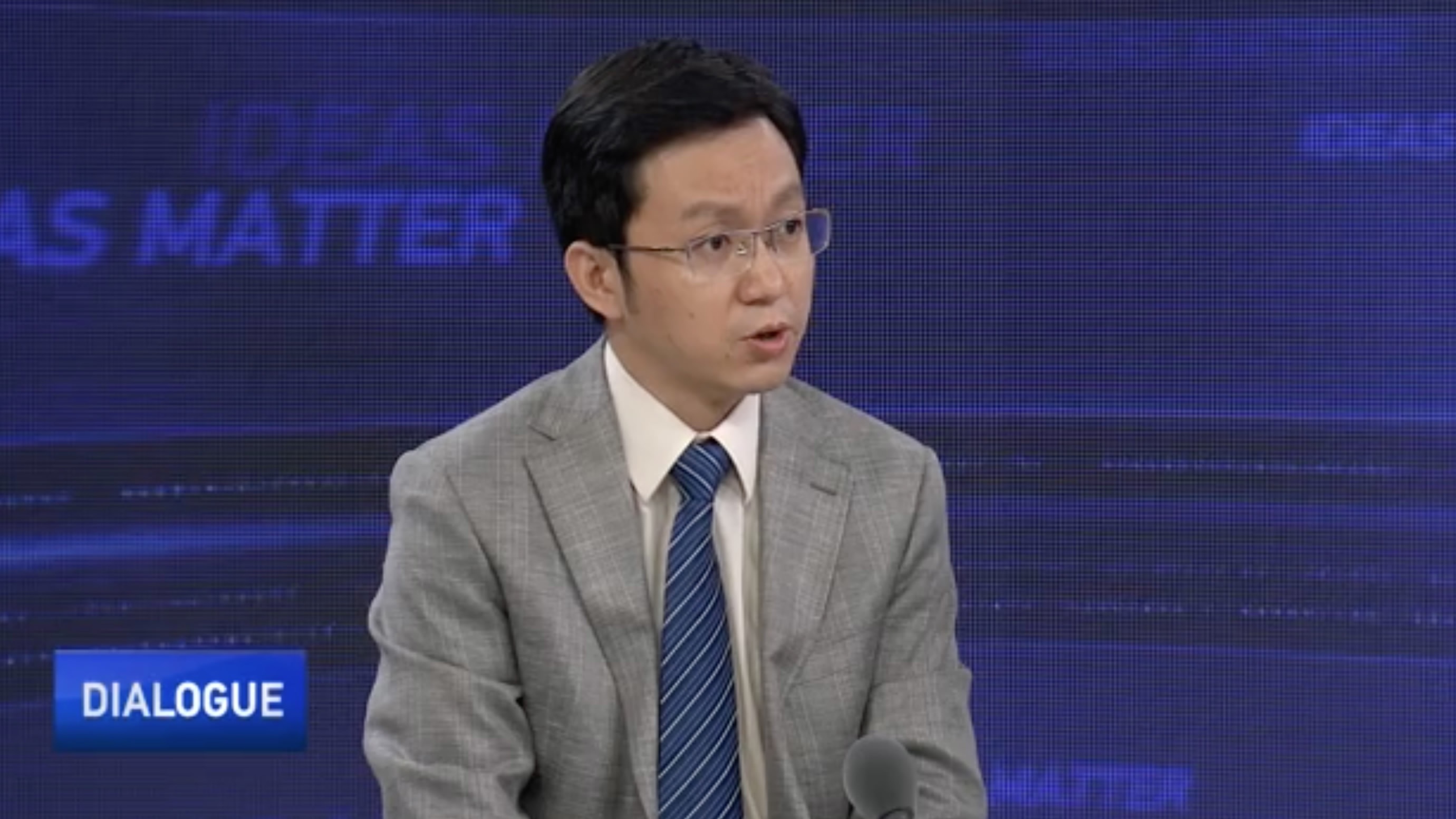
Gui Yongtao said few people in Europe are aware of the fact that European countries were fighting against Japan with the Chinese during wartime.
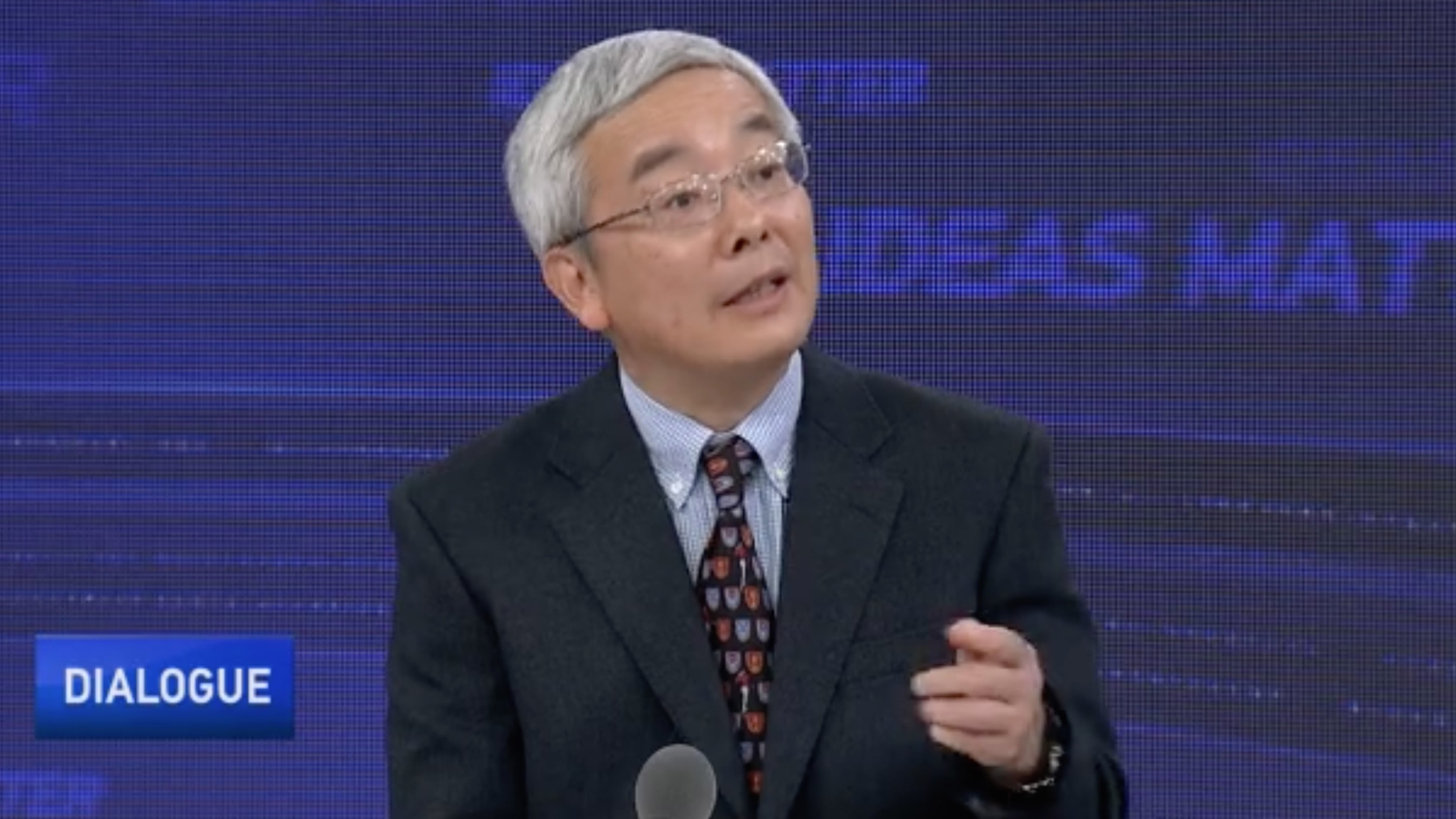
Rong Ying believed there is less possibility of China-Japan military confrontation in the foreseeable future if both sides could manage their differences well in a constructive way.
He agreed with Japanese guest who suggested that the Abe administration will raise attention and creates more problems with regional countries like China.
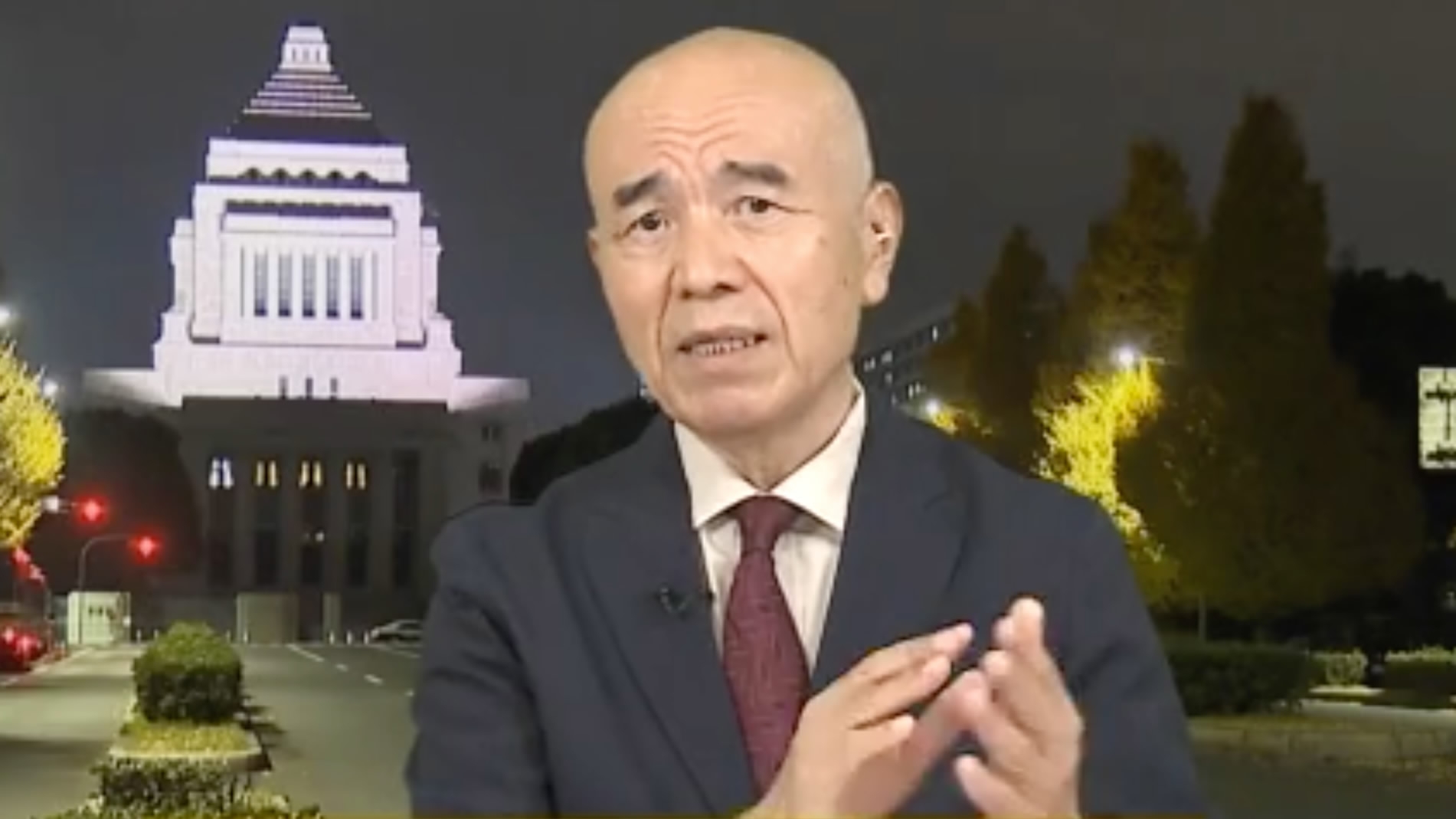
On Abe’s pacifist constitution revision, Professor Takesato Watanabe pointed out that some people were terrified of this revision.
As Abe’s ruling party lost a major election in Tokyo and lost the majority in the Congress in which 2/3 majority is needed for constitution revision, the revision is very difficult, politically, and Abe’s allied coalition may leave soon.
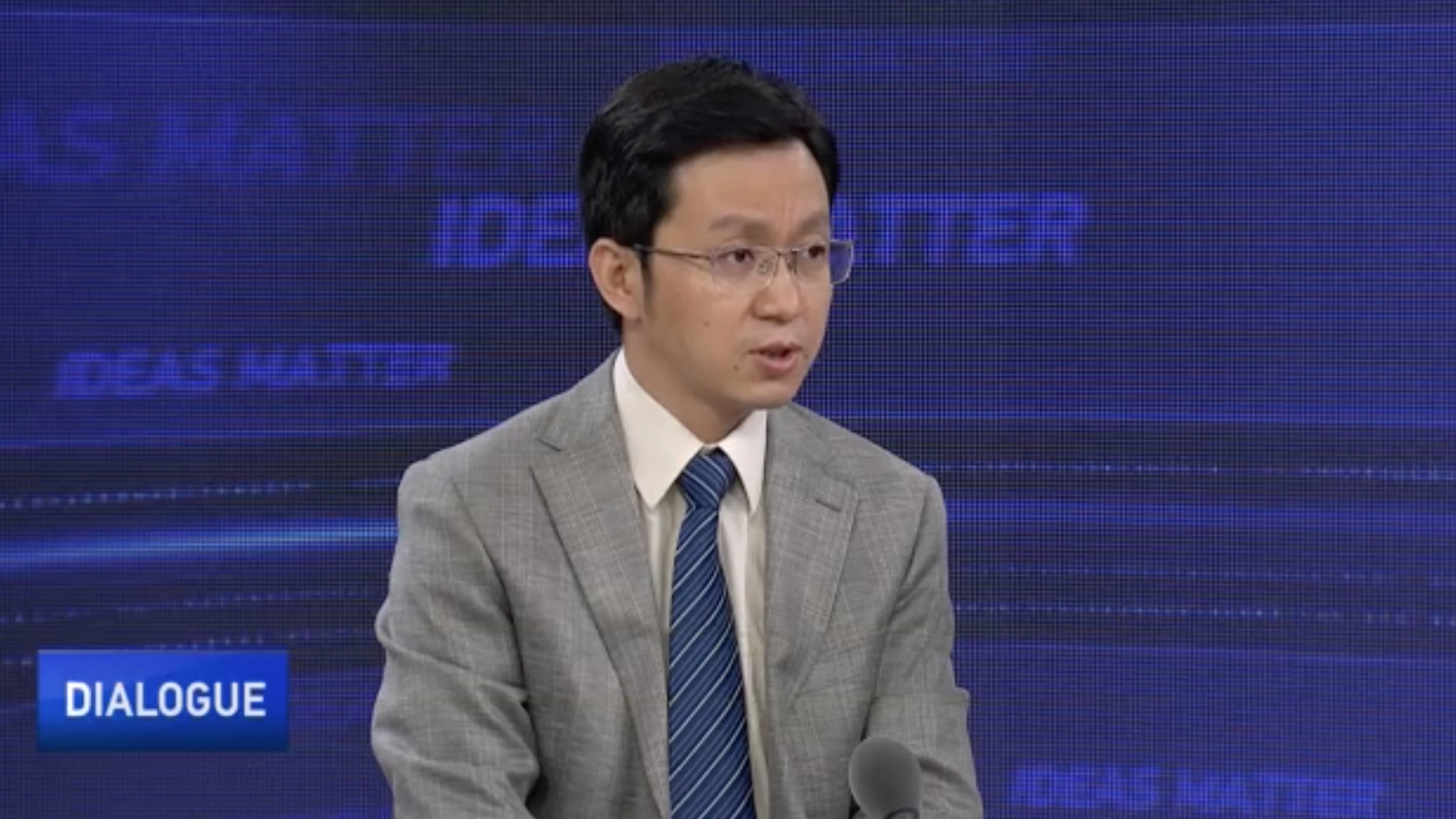
Gui Yongtao said Abe’s ideology has been criticized at home and abroad including from its key ally the US.
The ruling party’s defeat in major local election weakened Abe politically, and he predicted Abe will focus more on economic rather than ideology and politics.

SITEMAP
Copyright © 2018 CGTN. Beijing ICP prepared NO.16065310-3
Copyright © 2018 CGTN. Beijing ICP prepared NO.16065310-3